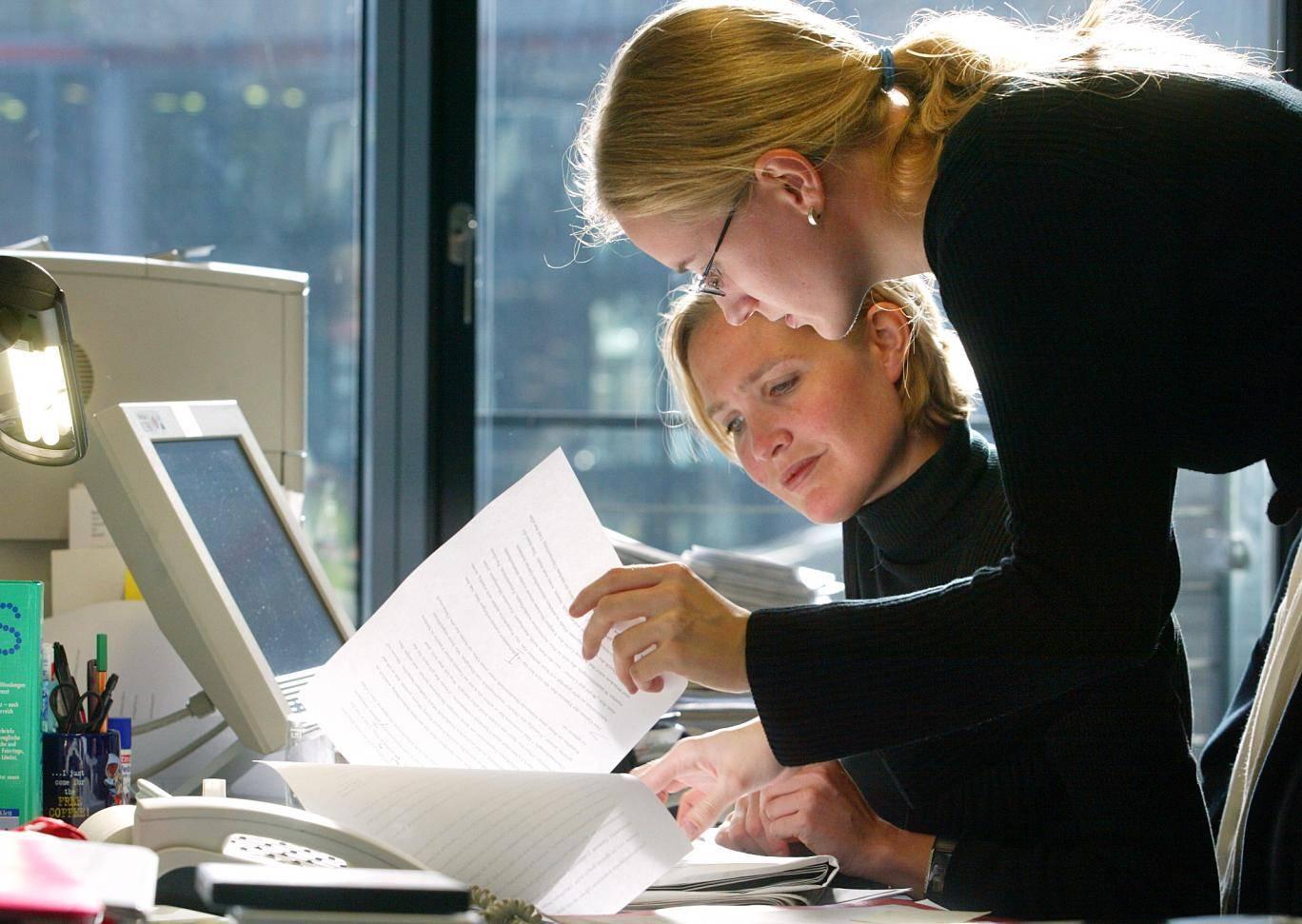Why and how we need to do more to support female entrepreneurs
Women in business need representation at all levels and public spaces to truly create a culture of equality

Your support helps us to tell the story
From reproductive rights to climate change to Big Tech, The Independent is on the ground when the story is developing. Whether it's investigating the financials of Elon Musk's pro-Trump PAC or producing our latest documentary, 'The A Word', which shines a light on the American women fighting for reproductive rights, we know how important it is to parse out the facts from the messaging.
At such a critical moment in US history, we need reporters on the ground. Your donation allows us to keep sending journalists to speak to both sides of the story.
The Independent is trusted by Americans across the entire political spectrum. And unlike many other quality news outlets, we choose not to lock Americans out of our reporting and analysis with paywalls. We believe quality journalism should be available to everyone, paid for by those who can afford it.
Your support makes all the difference.When it comes to starting a business, there remains a notable disparity between the sexes. Encouragingly, that gender gap is closing – but the UK is playing catch-up with its global counterparts.
Data from NatWest released this year puts Canada at the top of the female entrepreneurship league with 13.5 per cent of women setting up their own business, while the UK lags behind at a disappointing 4.7 per cent.
So, where is the UK going wrong? And, most importantly, what can be done about it?
One of the incubator projects Independents United runs for corporate partners has given us an eye-opening view into some of the challenges in this area. Running since 2015, The J&B Hive supports young creative entrepreneurs in Johannesburg, giving them tools, training and investment to grow their business ideas.
Last year we identified a 20 per cent decline in the number of women applying for the programme. As a female entrepreneur myself, and knowing the potential of the female talent pool at our fingertips, a major focus for our work this year has been arresting the decline by identifying and addressing obstacles to participation.
Many of the lessons we learned are relatively common sense, but they have the potential to resonate as deeply in the UK as they do in South Africa.
Firstly, and quite simply, the visibility of females is crucial to support, encourage and inspire women entrepreneurs. Our research uncovered that an exclusively male or male-dominated environment led to a sense among women that either they didn’t fit in, or that they struggled to imagine themselves stepping into the shoes of the role models in front of them.
Our solution was to ensure a level of female representation right across the board, from the management team and the mix of people in the physical space, to the role models at panel discussion events and the profiles we shared on social media.
We also found clear differences in how the sexes explore opportunities and nurture growth. The women we spoke to tended to take a more risk-averse approach, looking beyond potential short-term gains to consider any medium and longer-term implications.
They wanted to fully understand the nature of the programme and its success rate, and questioned whether their business was ready for investment and growth. This cautious approach can appear to be a lack of confidence, but better awareness of their motives gave us better understanding of their actions.
Equally important is an awareness of the potential for unconscious bias. Harvard Business School has identified that male entrepreneurs are 60 per cent more likely to get funding than females – even when the content of the pitch is the same. As an investor, this underscores the importance of not falling into traps you’re not even aware are there.
External partners can help. We worked closely with She Leads Africa, a community that helps young African women achieve their professional dreams, and their experience and support ensured we made changes that were credible for both the women and men involved.
All of the above should, of course, be read not in the context of a need to fill quotas, but in the interests of supporting brilliant business ideas and driving a culture of equality. It has certainly worked for The J&B Hive – the number of female-led businesses doubled in 2017, to represent 30 per cent of its intake. A good step in the right direction, but with more work to be done.
The same is true for the UK, where figures from Deloitte show that fewer than 6 per cent of working-age women are currently engaged in early stage entrepreneurial activity compared to more than 10 per cent of men.
By putting the right supporting structures for female entrepreneurs in place, however, they project the nation’s bottom line could be boosted by £100bn over the next ten years.
Clare Beaumont-Adam is a senior strategist at Independents United, an agency which helps corporates build relationships with entrepreneurs
Join our commenting forum
Join thought-provoking conversations, follow other Independent readers and see their replies
Comments